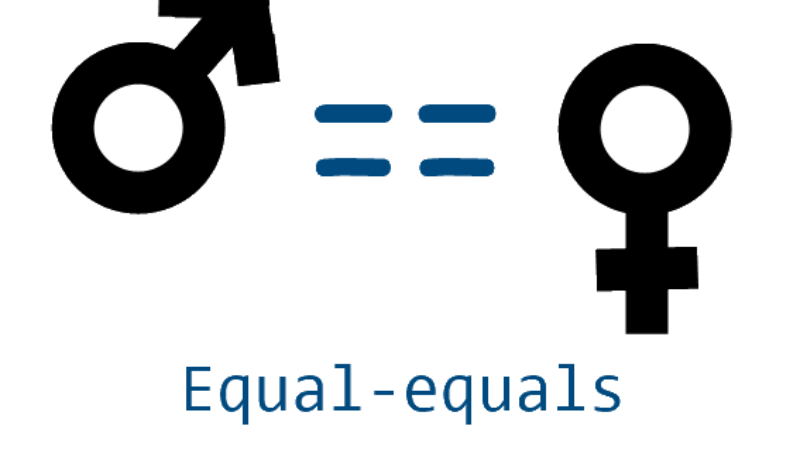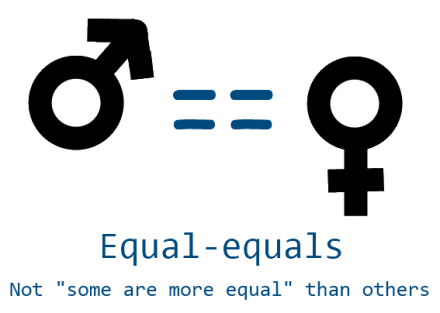
Jeremy Corbyn’s recent commitment to a 50% female shadow cabinet and working towards 50% of Labour M.P’s being female is yet another important and welcome policy aimed at tackling gender inequality from the Corbyn camp.

But, the question of women’s representation within worker and political organisations is an issue that needs to be fleshed out with some practical suggestions around how we actually reach the target set out by Corbyn. And more importantly, how we ensure a more welcoming and accessible grass roots movement for women is directed to those women for whom engagement and participation is more difficult – the low waged forced to work longer, often unsociable hours, single parents (who are predominantly women) for whom the responsibility of childcare falls solely to them and mothers who are students often having to work as well as study.
Putting practical steps in place to allow more women to access politics is just as important as the current debate around how we change men’s attitudes towards women, both on the street, in the workplace and in politics.
As I walked in to a recent union meeting with a group of members, one male worker declared “oi oi, the strippers turned up”. Having to assert yourself as a woman, needing to go that extra mile to prove yourself, feeling as though you are being judged and somehow deemed to be less capable by virtue of the fact you have a uterus are genuine and reoccurring experiences for women, both in the movement and in society as a whole.
The debate around feminism, equality and the very real ‘Everyday Sexism’ that has erupted in recent weeks as a result of Jeremy Corbyn’s policy statements on these issues has created a space for women to start talking openly and honestly about the reality of their experiences. It was women that put these policy ideas forward and women that have led on promoting them.
Addressing these points from the perspective of how men treat women is the starting point for redressing the balance of power and as much as any practical changes that need to be made to allow women to fully participate in our movement it is the space that is created by women talking openly and empowering each other, giving weight to our concerns that will empower us to move forward too.
On a practical level, the Corbyn campaign has committed to working towards universal childcare which is an excellent proposal that will remove a massive cost both emotionally and financially for mothers returning to work and study. I have experienced the difficulty of returning to work in a male dominated, political profession that hasn’t quite worked out how to encourage and support mothers returning to work and a society that doesn’t yet have the structures in place to make that easier than it currently is.
Arguably this could be taken a step further by building a state run childcare system where parents are able to chose childminders who are employed by the state, childminders with full employment rights and the terms and conditions which should rightly be afforded to those workers tasked with raising our children. Since when did the job of a banker become more valuable than the job of raising our little people?
Properly funded, high standard childcare is an important issue when looking to encourage women in all areas of work, not least the world of politics and the labour movement. The structure of the Labour Party, the trade union movement and other forms of political organisation are not yet fully geared towards encouraging mothers, and particularly working class mothers, to participate.
Equally, society is not organised in a way that allows mothers to engage in a ‘democracy’. Improvements to childcare with professional child carers paid properly for the job they do would mean women and parents could hope for child care options that fall outside of the standard 8am-6pm Monday to Friday schedule.
Evening meetings, weekend canvassing sessions, early morning starts, time away from home are the norm not the exception in the movement, ensuring children were more welcome at these events would help, for example by providing a crèche where suitable.
My local Constituency Labour Party informed us at our last meeting that if anyone wants to stand as a councillor or MP they MUST have a track record of attending canvassing and campaigning events. On the face of it this is not an unreasonable request, I too would want to know that those seeking to represent the party were willing to do the work at a grass roots level.
But how is this achieved for a mother working full time whose time with their children is precious? Surely there is a compromise? What of the single mother working unsociable hours, looking after her kids showing incredible determination in difficult times, budgeting, keeping a strict schedule and dealing with competing priorities…should she really be barred from using those skills by virtue of the fact that she can’t attend canvassing sessions at weekends?
Nadine Houghton is an organiser for GMB




More from LabourList
‘AI regulation is key to Labour’s climate credibility’
Ben Cooper column: ‘Labour needs to rediscover its own authentic populism’
‘Westminster rethought: a new purpose built site and a museum of democracy’